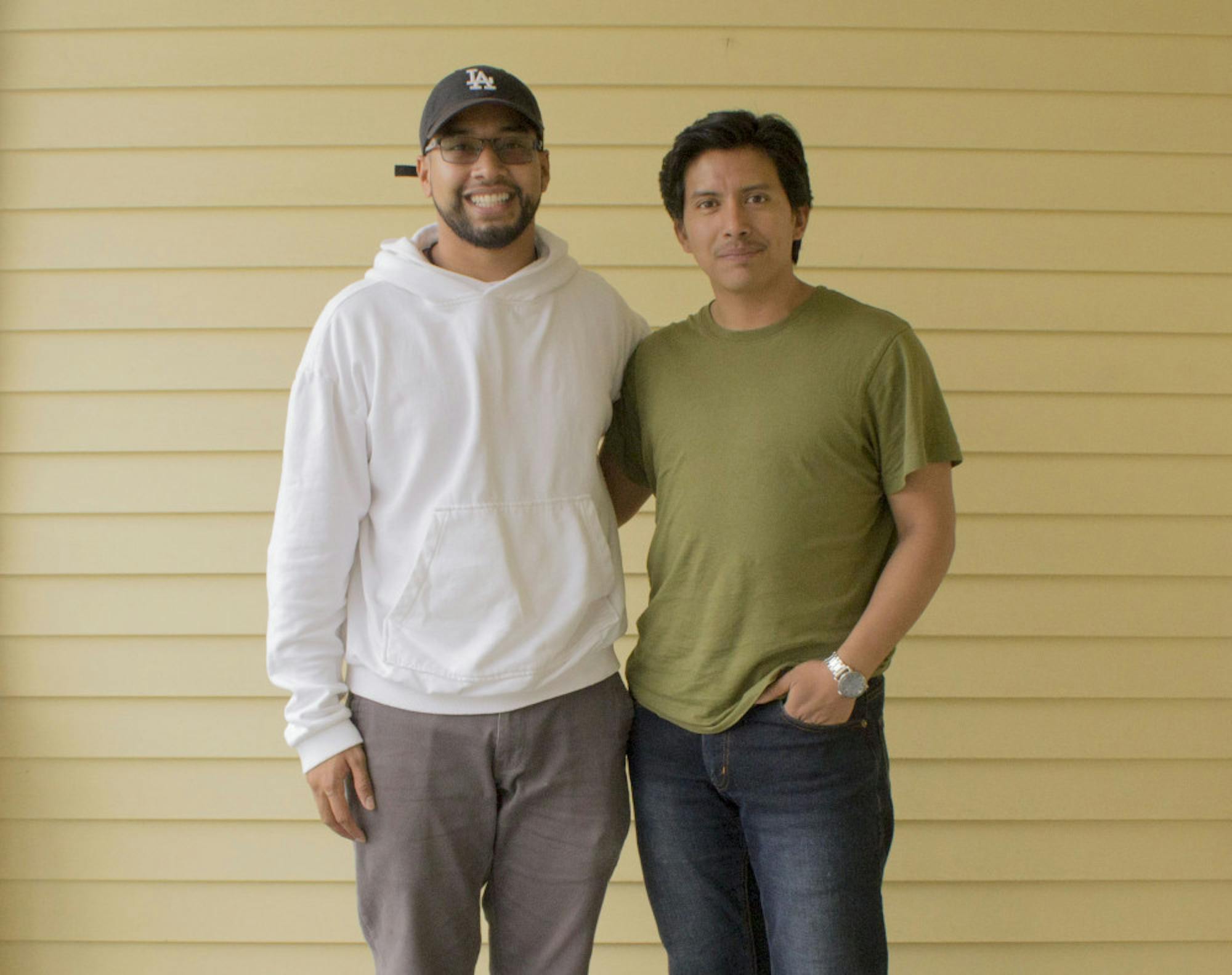Starting in mid-June, the Latino Center, located in Bolles House, will become another pickup location for the New Entry Food Hub’s community-supported agriculture (CSA) program. The New Entry Food Hub, part of the New Entry Sustainable Farming Project, is the Friedman School of Nutrition Science and Policy’s initiative to work with new, small-scale farmers and help them formulate or refine agricultural production plans. The program brings boxes of freshly harvested crops to various pickup locations each week.
Tufts community members, including students, faculty, staff and Medford/Somerville residents, will have the opportunity to sign up for shares of locally grown produce that will be delivered weekly to Bolles House. Any food not picked up will be donated to the Latino Center, for visitors to take home or cook at the center.
After the Latino Center went through renovations earlier this year, the house added a new fridge, communal table and new cookware to its dining space. Director Julián Cancino said that food was the necessary component to complete the equation.
“A lot of the things that people like to do at the Center is eat together … so this is just an extension of that,” Cancino said. “I’m just interested in how people are going to make New England food into Latino food.”
Most of the farmers are recent immigrants and refugees who harvest less than two acres of land and work with the program to establish self-sufficient businesses. The New Entry Food Hub grants them entry into a network that allows them to expand into markets across the region, according to Food Hub manager Tony Grasso.
According to the New Entry Sustainable Farming Project website, anyone in the Medford/Somerville area can sign up for a full 20-week share for $575 or a 10-week share for $300. This year’s summer share includes cherry tomatoes, cucumbers, peaches, cabbage, garlic and basil. For the fall, plums, Anaheim peppers, chives, kale, eggplant and thyme will be available, along with other greens. Starting sometime in mid-June, shares can be picked up on Tuesdays from the Latino Center between 11:00 a.m. and 5:00 p.m.
Though students may hesitate to take in a large quantity of perishable produce, Tufts Office of Sustainability Education and Outreach Program Administrator Shoshana Blank recommends that two to three people share a box and suggests that people plan meals ahead of time.
Senior Alberto Rivera worked with Blankand Cancino to put the Latino Center on track to achieve Green Office Certification and says this is the first step to starting a conversation about sustainability within the center and the student organizations that use Bolles House.
“For example, the Latino graduation [ceremony] is coming up,” Rivera said. “That event can be a zero-waste event. It takes a lot to do that or convince people to do that, but if [they don’t] next year, [then hopefully they will] the year after.”
According to Blank, the Office of Sustainability assists campus organizations in hosting zero-waste events and employs an intern to organize these events. They provide waste stations with compost and recycling and guide event organizers towards utilizing recyclable or compostable materials. However, Blank recognizes that the office has yet to expand its collaboration with cultural centers on campus.
For Cancino, introducing New Entry to the Latino Center is part of a larger goal to create a culture of consumer conscience and prompt larger questions about food systems and agriculture.
“[This is] about nourishing people but also learning where the food comes from,” Cancino said.
Thinking about green practices, he says, helps to address intersections of environmental justice and racial justice.
According to a study conducted by the College of Agriculture, Health and Natural Resources at the University of Connecticut, average CSA weekly prices ranged from $15 to $50 in 2017, with the New Entry CSA landing in the middle of this range. However, Cancino hopes that having the CSAs at the Center will help broaden the conversation about food and obtaining meals on campus.
“Many low-income [community members], many people of color suffer from food insecurity at Tufts,” Cancino said. “I know that the university has many programs [to attempt to address this], but I see [this collaboration] as an entry point. There’s something different about having fresh food and a kitchen. I want to be able to use this space in its full capacity.”
CORRECTION: This article has been updated to clarify the ways in which the Office of Sustainability supports organizations in hosting zero-waste events.
Latino Center joins community agriculture program, brings local farmers to Bolles House

Alberto Rivera, Intern at Tufts Latino Center and Julián Cancino, Director of Tufts Latino Center, pose for a portrait at the Latino Center on April 30, 2018.





